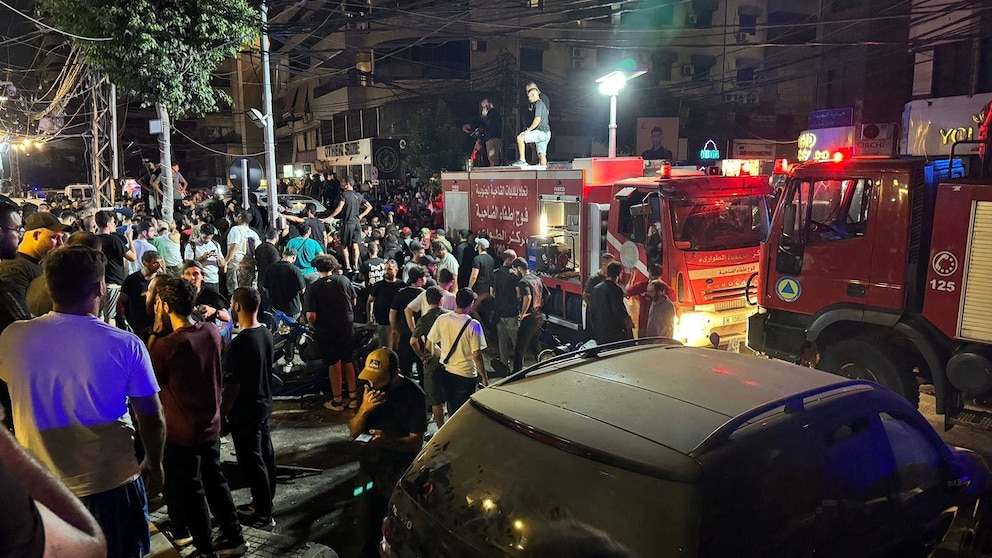An Israeli airstrike in Beirut targeted senior Hezbollah leader Hashem Safieddine, a key figure and potential successor to Hezbollah’s current leader, Hassan Nasrallah. The attack occurred during a significant bombardment late Thursday night, focusing on an underground bunker where Hezbollah officials were reportedly meeting.
The airstrike, part of a broader escalation in the region, specifically aimed at Safieddine, who holds a prominent position within Hezbollah’s political and military structures. The U.S. designated Safieddine as a terrorist in 2017 due to his significant role in planning and executing Hezbollah operations. The number of casualties resulting from the strike remains unconfirmed, but the targeting of such a high-profile figure underscores the intensifying conflict between Israel and Hezbollah.
Hashem Safieddine is a pivotal member of Hezbollah’s leadership. Born in 1964, he has been involved with the organization for decades, assuming various roles that have strengthened his position within the group. As a cousin of Nasrallah, his potential ascension to leadership has been widely speculated upon, given his extensive experience and deep involvement in the group’s strategic planning.
This airstrike is part of a larger series of operations conducted by Israel aimed at weakening Hezbollah’s infrastructure and leadership. In a separate recent strike, Israel claimed the death of Mohammed Anisi, another senior Hezbollah operative. These actions are seen as part of Israel’s broader strategy to counter Hezbollah’s influence and military capabilities in the region.
The targeting of Hezbollah leaders in Beirut signifies a sharp escalation in hostilities, with potential wide-reaching implications for the already volatile Middle East. The strike on Safieddine, in particular, could provoke a strong response from Hezbollah, leading to further confrontations.
The recent Israeli airstrike in Beirut targeting Hashem Safieddine highlights the ongoing and intensifying conflict between Israel and Hezbollah. As the situation develops, the international community watches closely, anticipating potential repercussions that could impact the broader stability of the region. Further details and updates on the casualties and responses from both sides are expected as investigations continue.



